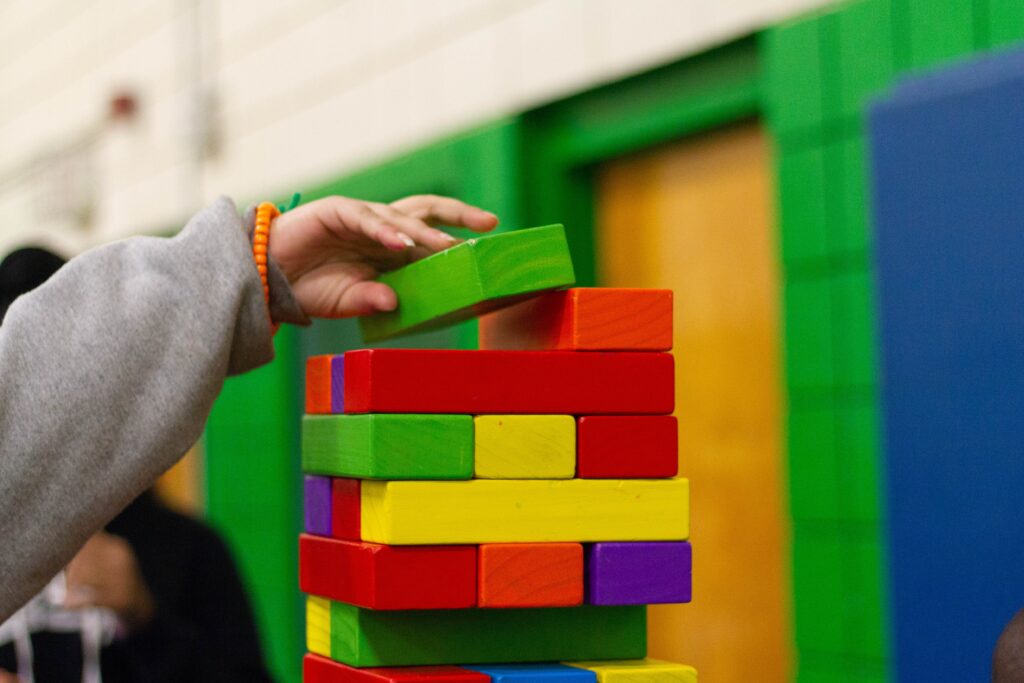Some parents asked about reading comprehension for kids, and Mr. K found an interesting phenomenon, which is also a common phenomenon in the Chinese learning process of elementary school students.
When students are reading, their comprehension ability is layered. For example, if you read a passage of text, you know every word, but you cannot answer the question. When parents ask their children, do you understand?
The child said that he understood the reading, but he couldn’t do the questions. Parents think that their children have problems with reading comprehension, and they need to develop the skills of answering questions and learn routines and formulas.
There are also some children who have learned to answer questions, but when you ask subjective questions, the children cannot understand, have no insight, and cannot empathize with the author’s emotional expression. What is the reason? (If you want to know more about Chinese learning, please feel free to click here!)
Some parents will say that their children don’t like to read, how to accumulate reading, some parents will say that their children like to read, but their reading comprehension is not good, what’s going on?
Reading comprehension for kids, we always encounter various problems in practice, so Mr. Kojima wants to address this phenomenon and discuss with parents and friends how to cooperate with the teaching of the Chinese teacher to improve children’s reading comprehension ability.

Let’s not fall into the predicament of brushing questions. In primary school, there is no need to brush questions to find patterns. Try to divide reading comprehension into 3 steps, and improve reading comprehension step by step.
- The first step in reading: read the text first
When we read an article, a book, or a story, the first thing we need to do is to understand the text. Do you know every word?
Therefore, for students in the lower grades of elementary school, the reading requirement is literacy, and a large number of new characters can be accumulated through reading.
Books in phonetic versions are good reading materials. This is the first step in reading accumulation, to understand the text. That is what we encountered in the process of reading. I know every word, but I can’t understand it when combined.
In fact, for most elementary school students, it is quite good to be able to know every word when reading. At least in terms of literacy accumulation, they have completed their learning goals.
From the perspective of the text, reading the words and understanding the language itself is also a method of reading. Therefore, in the first step of reading, parents don’t need to put forward too high requirements, as long as they can know the characters.
There are three stages of reading, language text reading, reading for understanding, and reading for emotional experience and learning. These three stages represent the advanced reading ability and the reading ability we need to have at different stages. So reading comprehension for kids? How?
Parents need to cooperate with the language teacher to pay attention to the child’s literacy, dictation, review the meaning of words, learn to identify synonyms, adjectives, etc. in reading, and understand the part of speech in the daily accumulation of language learning.
Especially for students in lower grades, if they want to achieve the reading ability of knowing every word, finger reading, intensive reading, and parent-accompanied reading must be practiced.
Finger reading is to establish good reading habits such as not missing reading, and to cultivate hand-eye coordination. Intensive reading is to improve literacy by understanding every word and sentence. Accompanying parents to read is to improve the efficiency of reading.
Students in lower grades do not have the ability to use dictionary tools. At this time, parents need to act as their children’s dictionaries. After completing this step, we can truly open the door to reading for children, and we need to consider that it is time to enter the next stage of improvement in reading comprehension.
- The second step of reading: understand the work through words
Many elementary school students are stuck in the second step of reading. In fact, parents and teachers need to cooperate to help children establish the concept of understanding the meaning of words, and guide them to understand what to do after reading each word.
The poor comprehension ability of elementary school students is not because they are not smart, or their language foundation is too poor, or they lack the amount of reading, but because they do not know the process and method of reading.
I can already recognize every word in the text material, but I can’t understand the work through the text. This is because our primary school students have not yet entered a state of reading, and they don’t know what reading is for.
In their conceptual understanding, reading is the Chinese homework assigned by parents and Chinese teachers, and I have to complete it. I can’t build a learning method and awareness from reading, and I can’t understand the logic of writing.
Then, in the second step of reading, parents should cooperate with the Chinese teacher to explain to their children, why do you want to read? How to understand works through words, and why we need to read and understand.
How do we extract the rich meaning in a story or a piece of text through reading? We need to guide children to build interest in reading. Our parents can tell children about the knowledge background in the text material to help children understand the logic of writing.
I also need to teach my children what information and knowledge points I can get by reading texts. Learning how to read is very important. In the second step, parents don’t have to rush to evaluate their children’s acquisition ability.
Parents will be confused if they don’t feel anything after reading. Understanding works requires accumulation and practice. As long as parents follow the second step of reading comprehension and help children understand why they should read, it will be very easy to achieve.
- Reading Step 3: Understanding the Author’s Intent
Coming to the third step of reading, it is the test points of reading comprehension in the Chinese test that we often understand.
Understand the author’s writing intention, understand the viewpoints and insights I gained through reading, read the philosophy from the text, not only understand what kind of person the author is, what his life is like, but also understand the deeper thinking conveyed by the text.
Here are the 3 steps to improve reading comprehension. Only by improving reading comprehension step by step, can you improve your reading comprehension step by step.
Reading comprehension for kids is not very difficult; To understand the author’s writing intention, parents and teachers need to give children more reading information and understand the principles of reading.














